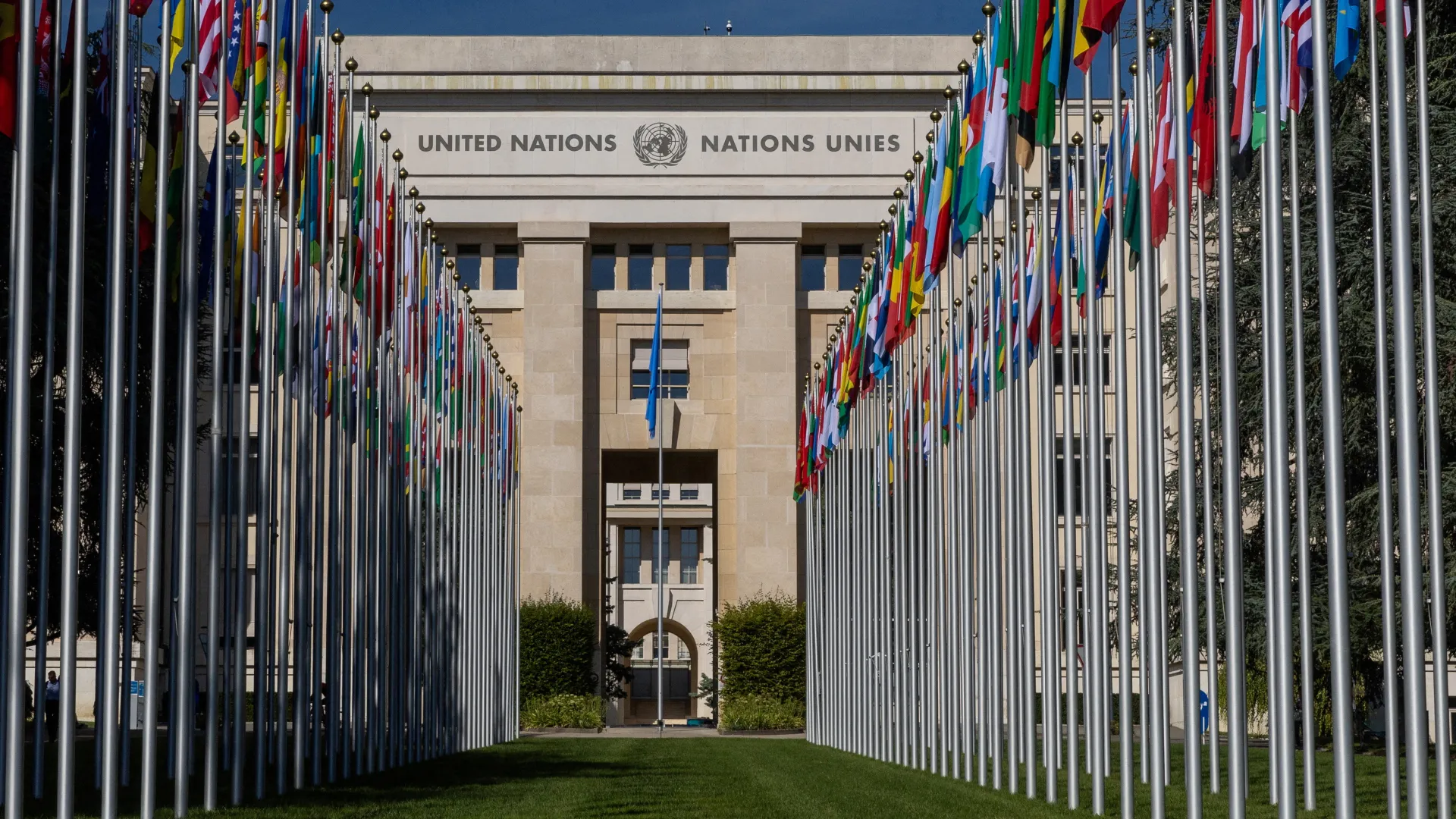Morocco hosts historic UN human rights council retreat in Rabat

Morocco is set to host a landmark retreat of the United Nations Human Rights Council (UNHRC) on 21-22 November in Rabat.
This event marks the first such gathering in the Middle East and North Africa (MENA) region and the second on the African continent, under Morocco’s presidency of the council.
According to a statement from the Ministry of Foreign Affairs, African Cooperation, and Moroccan Expatriates, the “Rabat Retreat” aims to provide a platform for dialogue on the review process of the UNHRC’s status by the General Assembly, as stipulated in its founding resolution.
Discussions will center on proposals from the Moroccan presidency to streamline and enhance the council’s efficiency, a pressing issue currently under the scrutiny of multiple co-facilitators.
The retreat will also focus on improving coordination between UN human rights bodies in Geneva and New York to ensure greater coherence in addressing global human rights challenges.
First introduced in Bangkok in 2010, this retreat format has been embraced by countries that have presided over the council, including Germany, Slovenia, Senegal, Switzerland, and Austria.
It has proven instrumental in fostering in-depth discussions and shaping key resolutions by the UN General Assembly to improve the council’s operations.
These retreats provide a valuable opportunity for UNHRC presidents to engage with diverse stakeholders to address current challenges and explore solutions that bolster the council’s impact on global human rights issues.
This year’s event will bring together member states, regional group coordinators, the UN High Commissioner for Human Rights, and representatives of civil society.
Participants will engage in comprehensive discussions aimed at generating actionable recommendations to enhance the effectiveness and efficiency of the council’s work, the statement concluded.
The retreat underscores Morocco’s growing role as a global platform for advancing critical international dialogues on human rights.
About The Author
dailymailafric
I am an avid African news observer, and an active member of Daily Mail Africa.
I’m Passionate about staying informed on diverse topics across the continent,
I actively contribute to publishing on political, economic and cultural developments in Africa.



